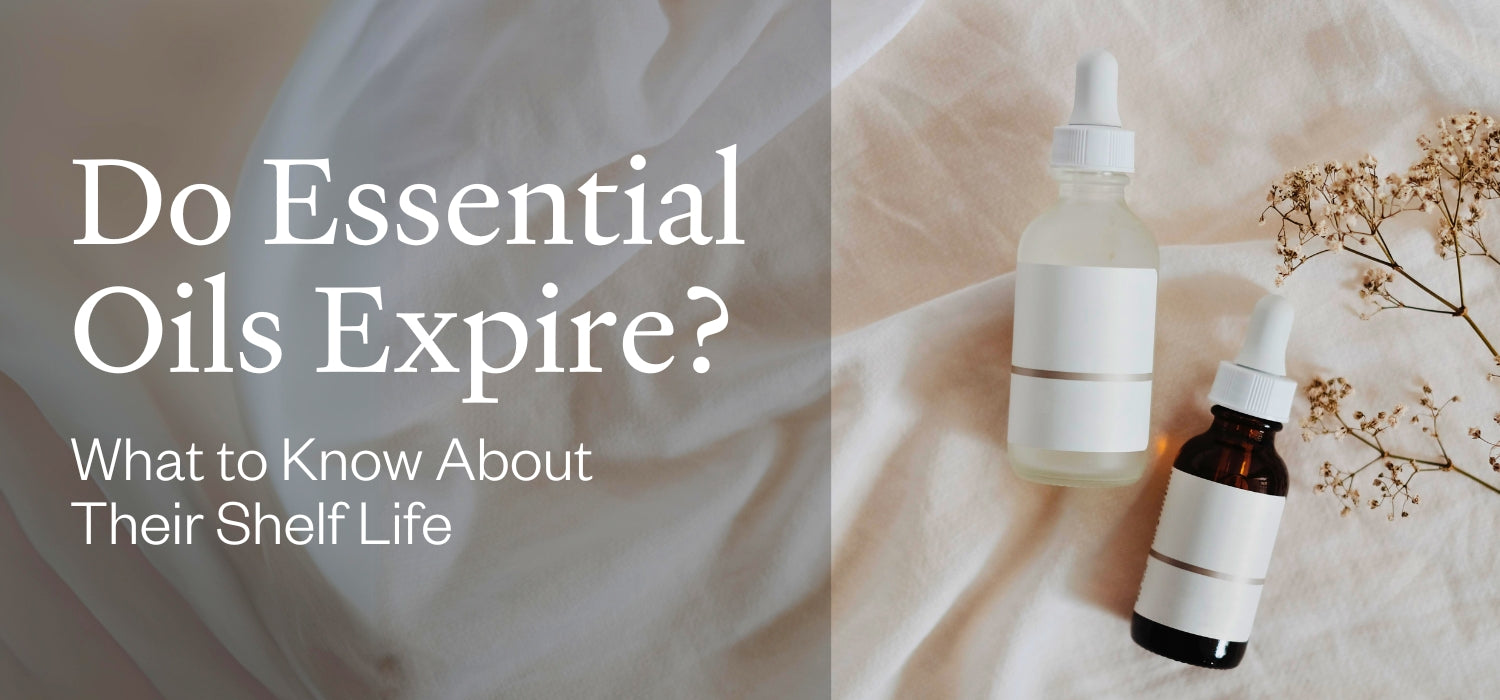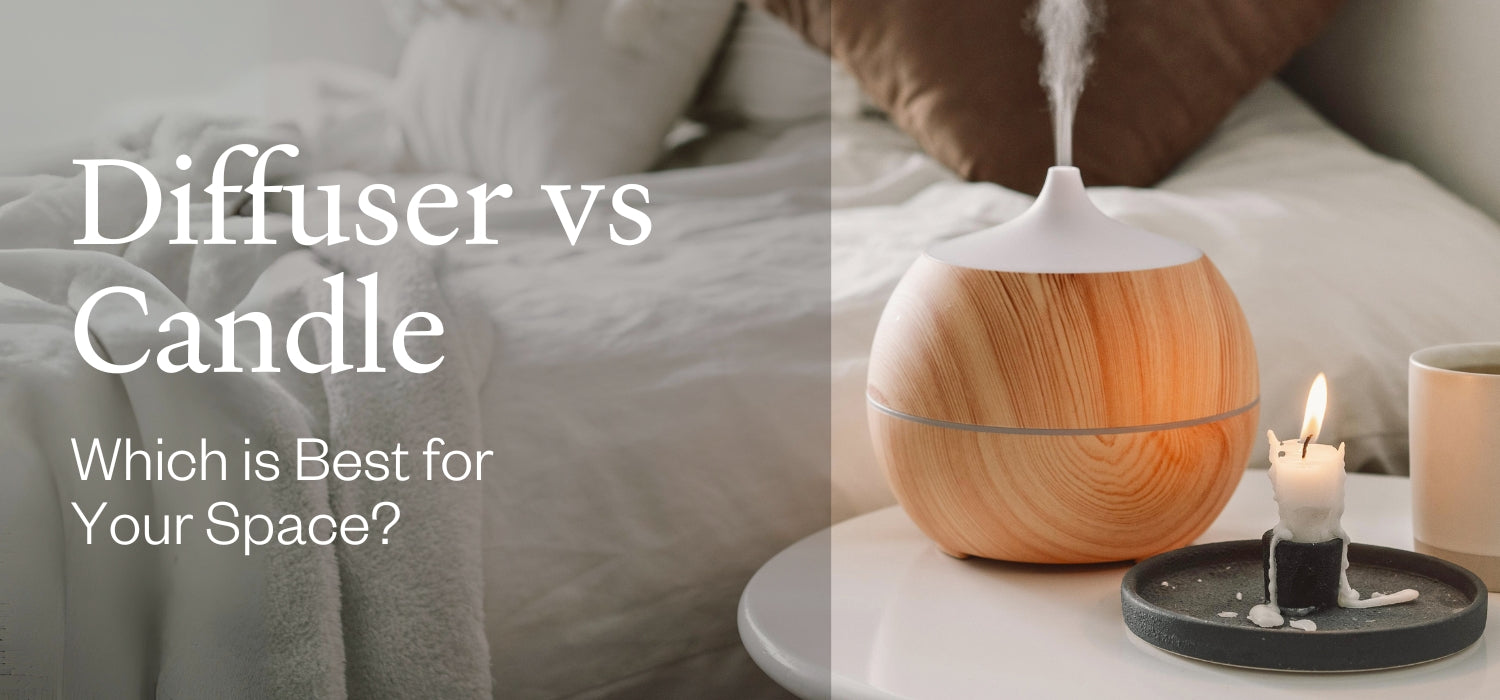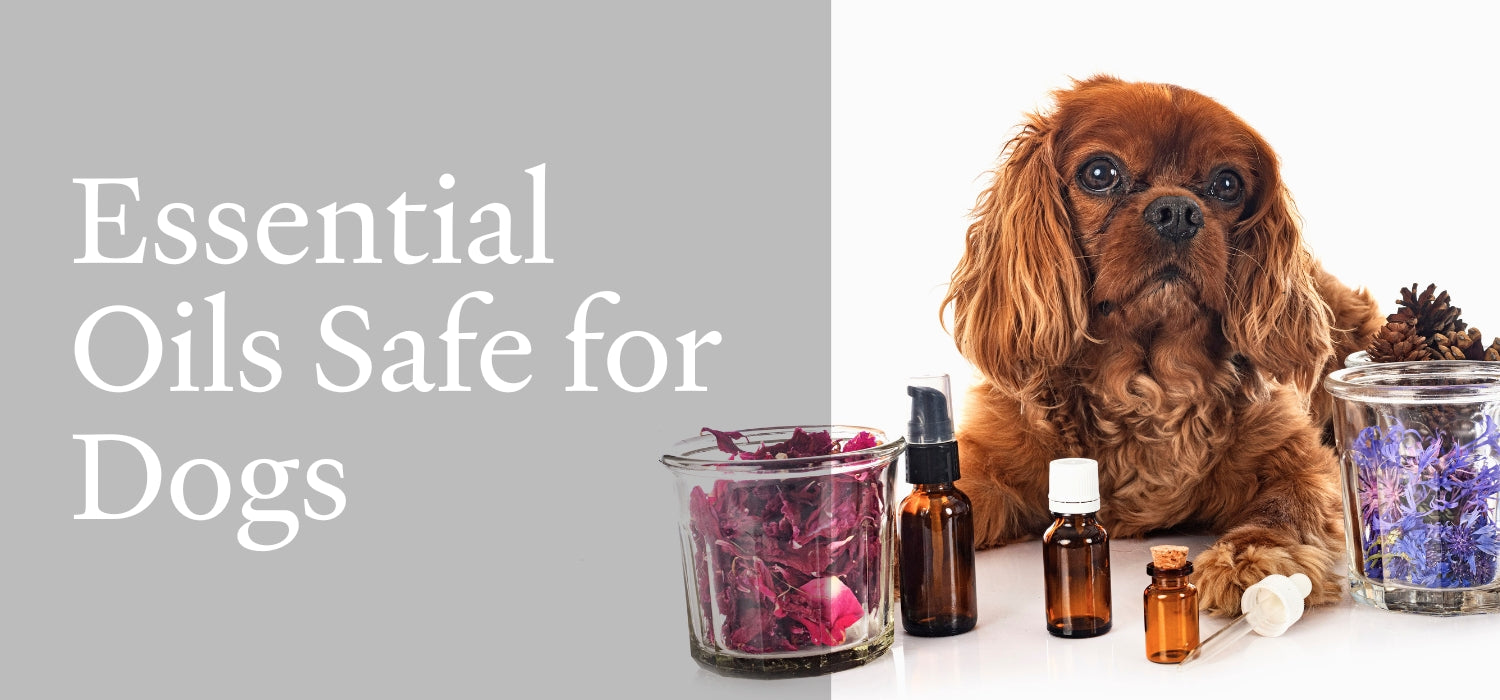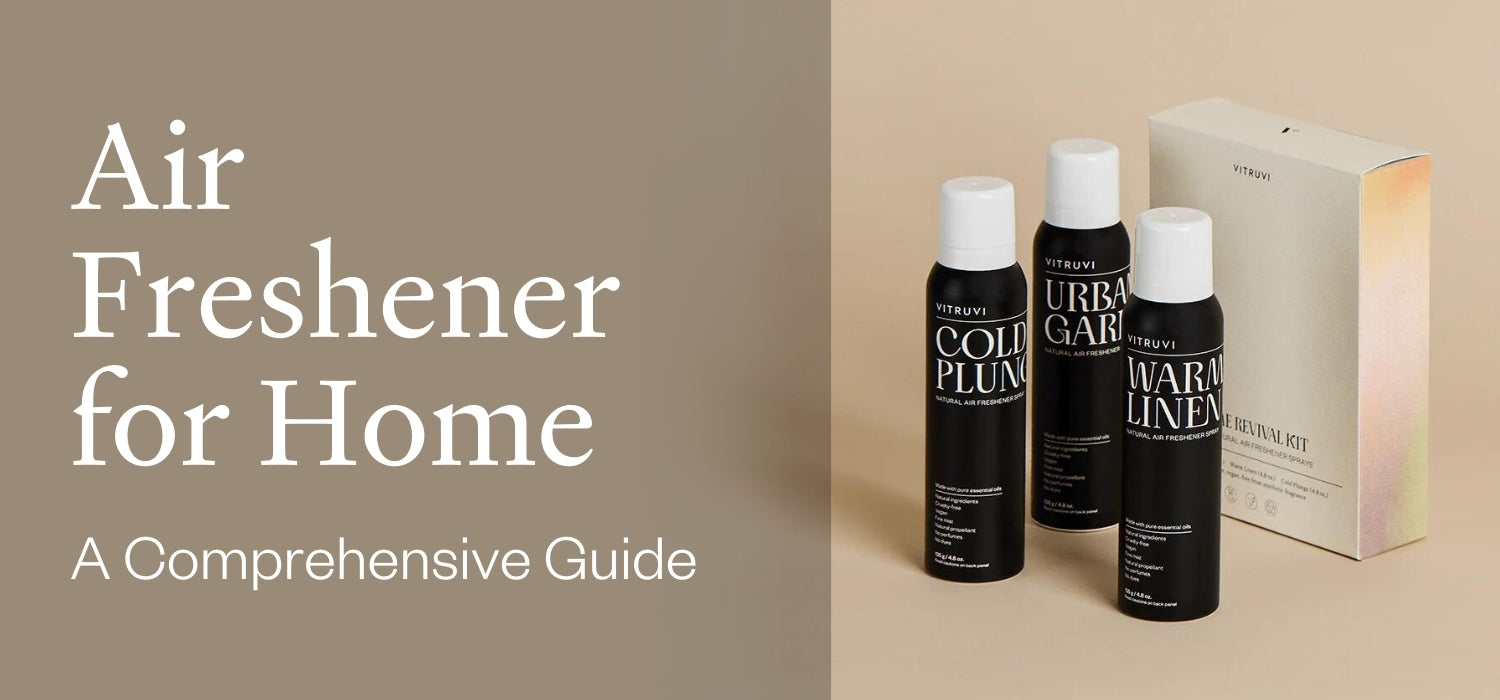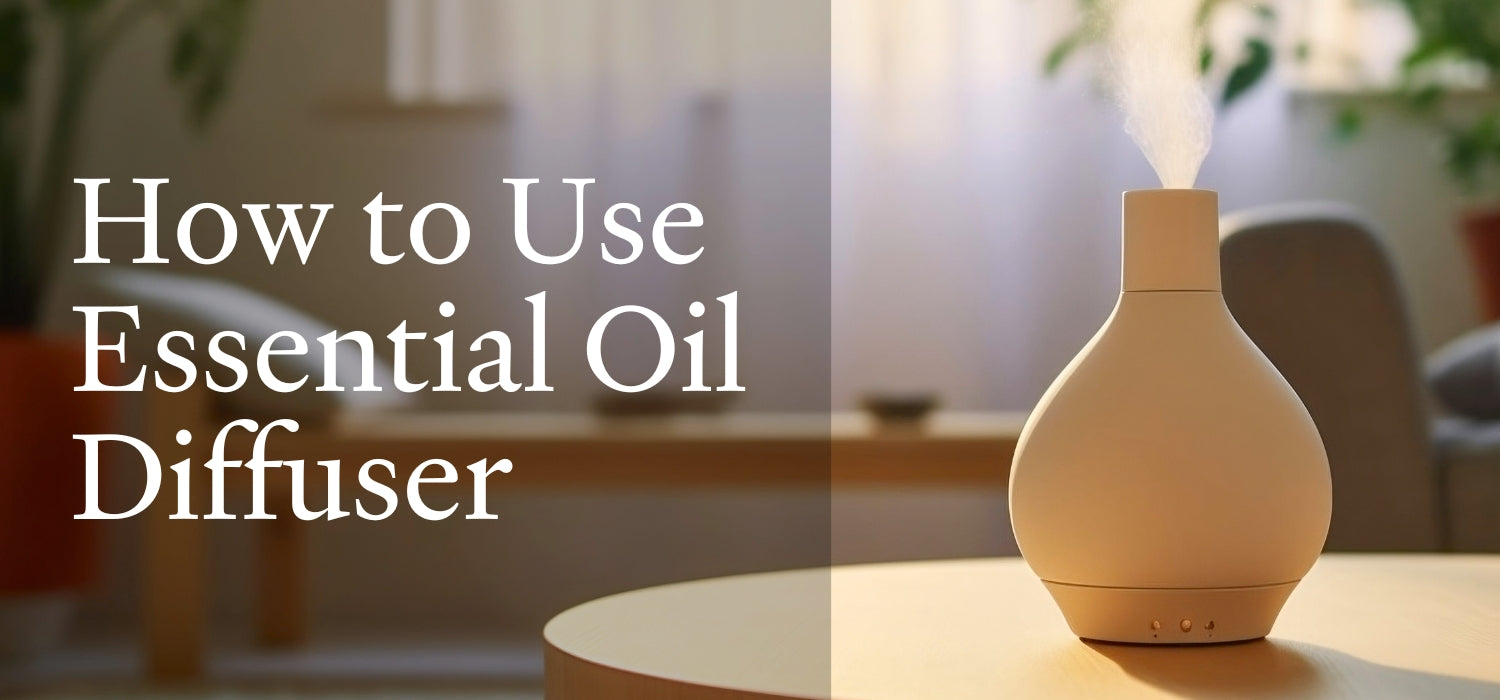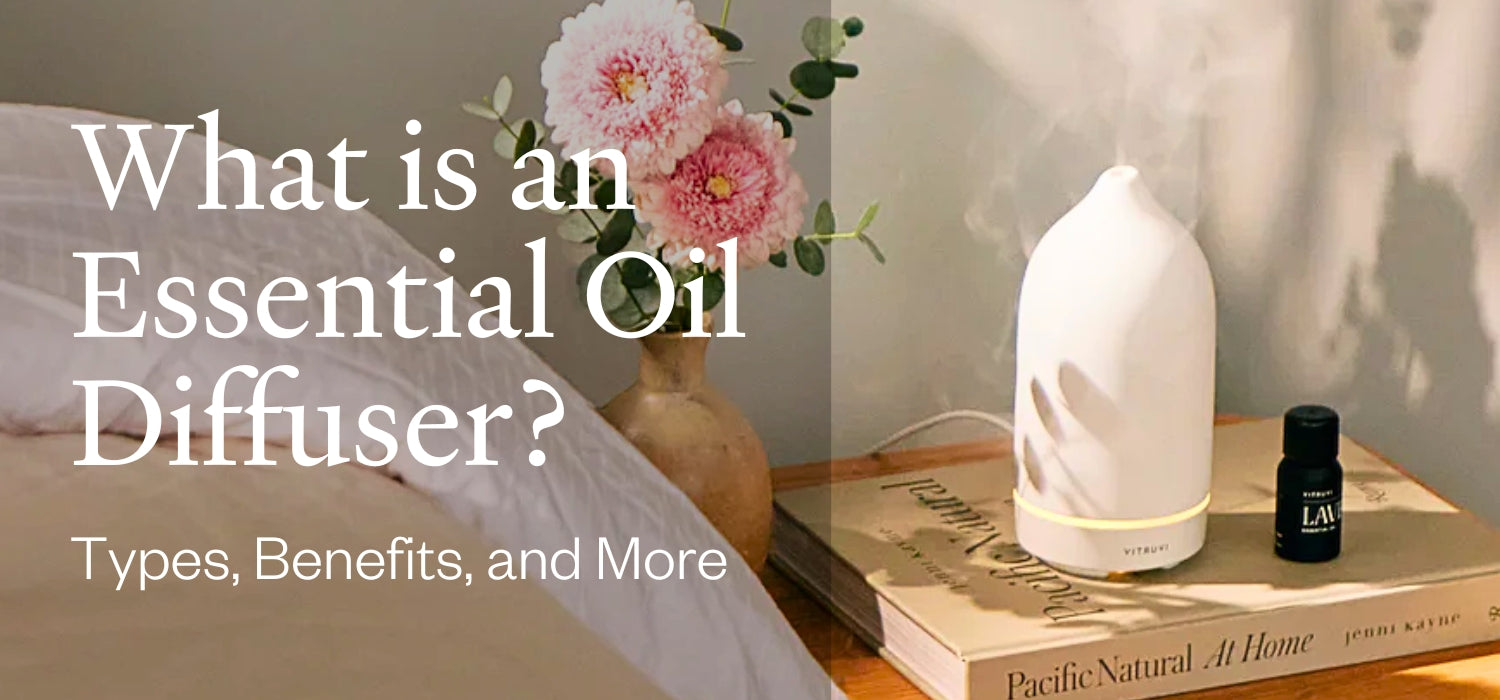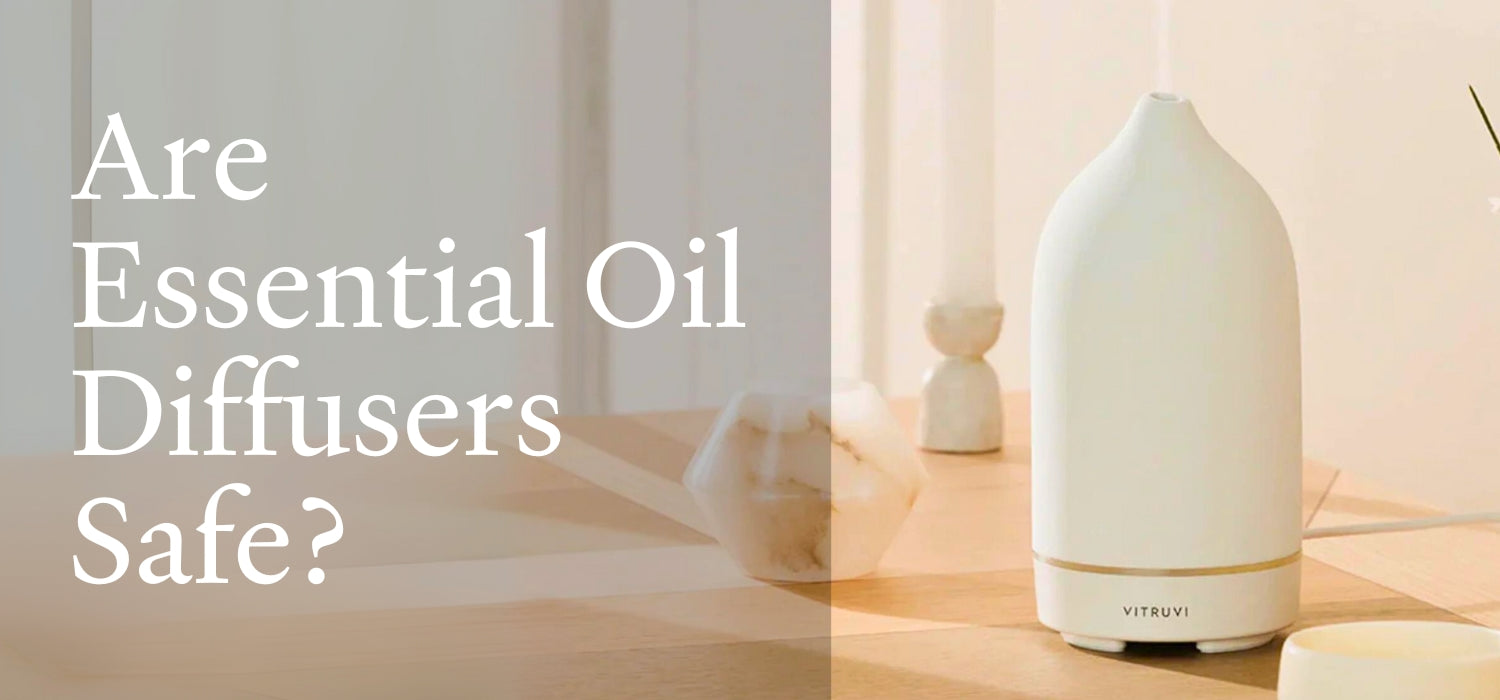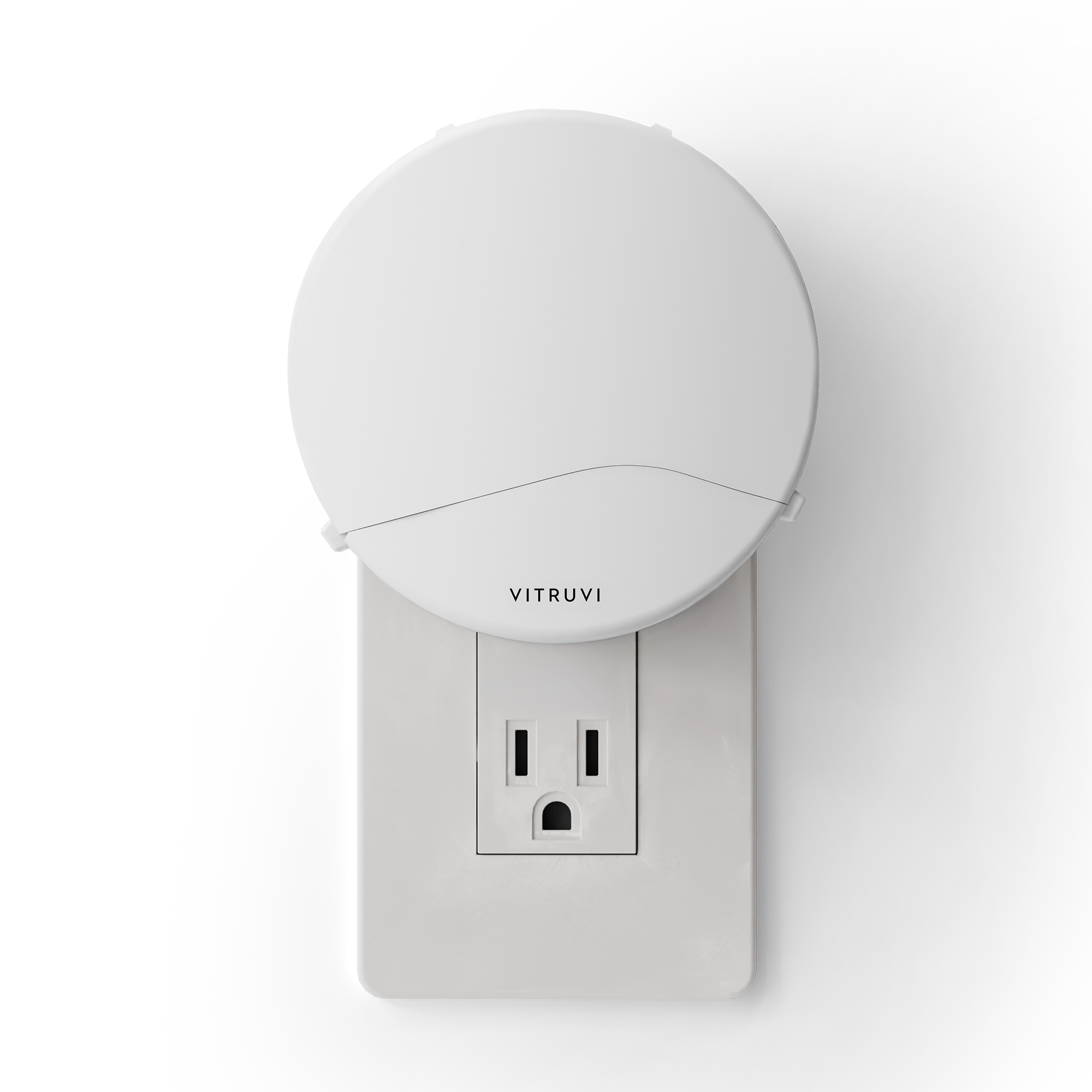Essential oils are concentrated plant extracts valued for their aromatic and therapeutic properties.
They have recently gained popularity among people who prefer natural remedies as a way to relax, improve mood, and treat minor ailments.
However, like other natural products, essential oils have a limited shelf life.
So, in today’s article, you will see how understanding the expiration date of essential oils is important for users to ensure safety and effectiveness, plus avoid potential adverse effects from using degraded oils.
Understanding the Shelf Life of Essential Oils
Shelf life is the length of time a product remains usable, effective, and safe under proper storage conditions.
This concept applies to many products, especially those that can degrade or become harmful over time — such as food, medicines, and natural substances like essential oils.
However, essential oils do not expire in the traditional sense, like perishable foods. Instead, they can deteriorate over time, leading to changes in their chemical composition, scent, and therapeutic properties.
This deterioration can result in reduced effectiveness and, in some extreme cases, the formation of skin irritants or other harmful compounds.
The rate at which essential oils degrade depends on factors such as the type of oil, how it is stored, and its exposure to elements that can cause oxidation or evaporation.
Understanding the shelf life of essential oils is thus important for users to ensure they are getting the most benefit from the oils and to avoid potential adverse effects from degraded oils.
Factors That Influence the Expiration of Essential Oils
The effectiveness and longevity of essential oils are influenced by several factors that can speed up or slow down their deterioration rate.
Below are factors that can negatively affect the quality and potency of the oils over time.
- Exposure to Light: Essential oils are sensitive to UV light, which can break down their chemical structure, leading to a loss of potency and changes in their therapeutic properties.
- Heat: High temperatures can cause essential oils to degrade more quickly. That is because heat accelerates the oxidation process, which can lead to a breakdown of the oil's components and a reduction in efficacy.
- Exposure to Air: Oxygen can cause essential oils to oxidize, resulting in changes to their scent, color, and therapeutic properties. This process can produce compounds that may irritate the skin or reduce the oil’s effectiveness.
- Type of Container: The material and color of the container used to store essential oils play a significant role in their preservation. Glass containers are preferred over plastic because plastic can react with essential oils, leading to contamination and degradation.
- Purity and Composition: The chemical makeup of an essential oil (including its purity and whether it is blended with carrier oils or other substances) also affects its shelf life. Pure essential oils generally last longer than diluted or blended oils.
By considering these factors, users can extend the shelf life of their essential oils and ensure they remain effective for as long as possible.
Overall, proper storage and handling are critical to preserving their therapeutic benefits.
How to Tell If Essential Oils Have Gone Bad

You can watch out for several signs that warn you if an essential oil has degraded, signaling that it may no longer be effective or safe.
These signs are usually noticeable through changes in the oil’s physical characteristics.
- Changes in Smell: One of the most apparent signs of degradation is a change in the oil’s scent. Fresh essential oils typically have a distinct, pleasant aroma, but when they deteriorate, the smell may become sour, rancid, or off-putting, indicating that the oil’s chemical structure has been altered.
- Color Alteration: Over time, essential oils may change color as they degrade. For example, a clear oil may develop a yellowish or brownish tint, or a lighter-colored oil might darken. These kinds of changes are often a result of oxidation or contamination.
- Viscosity Changes: The consistency of essential oils can also be a sign of degradation. Oils that become thicker, more viscous, or sticky over time have likely oxidized or evaporated, making them less effective and possibly irritating to the skin.
- Cloudiness or Sediment: Fresh essential oils are typically clear, without any visible particles. The presence of cloudiness or sediment in the bottle suggests contamination or that the oil has begun breaking down.
Recognizing these signs can help users avoid using degraded oil.
This is important since expired essential oils will not provide the desired benefits and could potentially cause skin irritation or other adverse effects instead.
Risks of Using Expired Essential Oils
Using expired essential oils can lead to several potential risks due to changes in their chemical composition over time.
- Skin Irritation: Expired oils can cause skin irritation — including redness, itching, and rashes. As essential oils oxidize, their chemical structure changes, usually forming compounds that can irritate the skin, especially in sensitive individuals.
- Allergic Reactions: The altered chemical composition of degraded oils can trigger allergic reactions. These may manifest as hives, swelling, or respiratory issues, especially in those with pre-existing sensitivities or allergies.
- Reduced Effectiveness: The therapeutic benefits of essential oils diminish as they degrade. Using expired oils may not provide the intended relief for conditions like stress, anxiety, or skin issues, leading to disappointment or prolonged symptoms.
- Respiratory Irritation: Inhaling expired essential oils for aromatherapy (whether through diffusion or direct inhalation) can irritate the respiratory system. This is particularly concerning for individuals with asthma or other respiratory conditions since oxidized compounds may worsen their symptoms.
- Potential Toxicity: Some essential oils, when degraded, may even produce toxic byproducts that can be harmful if applied to the skin or inhaled. This increases the risk of adverse reactions, particularly with long-term or repeated exposure.
It is vital to regularly check the condition of your essential oils and replace them as needed to avoid these risks and ensure their safe and effective use.
Tips on Extending the Shelf Life of Essential Oils

Following these storage and handling practices is crucial to extend the shelf life of essential oils and preserve their effectiveness.
- Store in a Cool, Stable Temperature: Essential oils should be stored in a cool, consistent environment, ideally between 35°F and 40°F (1.7°C to 4.4°C). Do not place them near heat sources like radiators, stoves, or direct sunlight since heat speeds up the degradation process.
- Minimize Light Exposure: Light, especially UV rays, can break down the chemical composition of essential oils, reducing their potency. Store oils in dark-colored glass bottles, such as amber or cobalt blue, which block out harmful light. Also, keep them in a dark cabinet or drawer to further reduce light exposure.
- Use Proper Containers: The best containers for storing essential oils are dark-colored glass bottles, which protect against both light and chemical reactions. Avoid using plastic containers, as essential oils can degrade plastic over time, leading to contamination. Make sure the bottles have tight-fitting caps to prevent air from entering.
- Limit Air Exposure: Oxygen can cause essential oils to oxidize, leading to changes in scent, color, and effectiveness. Always keep the bottle tightly sealed when not in use, and try to minimize the time it is open. If you have large quantities of oil, consider transferring portions into smaller bottles to reduce the amount of air in the container.
- Store Upright: Keeping essential oil bottles upright prevents the oil from constantly coming into contact with the cap, which could lead to degradation and potential leaks.
- Keep Away from Moisture: Store your oils in a dry place since moisture can lead to contamination and degradation. Humid environments can introduce water into the oil, compromising its purity and effectiveness.
By following these tips, you can significantly extend the shelf life of your essential oils, ensuring they remain potent and safe to use over time.
What to Do with Expired Essential Oils
When essential oils have expired, there are several safe ways to dispose of or repurpose them.
- Repurpose for Cleaning: Expired essential oils can be repurposed for non-therapeutic uses like cleaning. Oils like lemon, tea tree, or eucalyptus still possess antimicrobial properties even after expiration. Simply add a few drops to a homemade cleaning solution (such as vinegar and water) to clean surfaces and floors or freshen up trash bins.
- Use in Household Deodorizers: Expired oils can be added to baking soda to create a natural deodorizer for carpets, shoes, or refrigerators. Simply mix the oil with baking soda, sprinkle it where needed, and vacuum after a few hours.
- Use in Garden or Outdoor Projects: Some expired oils can be used in the garden as natural pest repellents. For example, peppermint or citronella oil can still help deter pests when added to water and sprayed around outdoor areas.
- Dispose of Properly: If the oils smell rancid or their composition seems off (such as cloudiness or the presence of sediments), it is best to dispose of them properly. Do not pour them down the drain, as they can harm the environment. Instead, mix them with a carrier like used coffee grounds or cat litter, seal them in a bag, and dispose of them in the trash.
Knowing when to repurpose or safely dispose of expired oils ensures both effective use and environmental responsibility.
Frequently Asked Questions (FAQs)
We have answered a few more questions about essential oils and expiration.
What Essential Oil Has the Longest Shelf Life?
Patchouli essential oil is known to have one of the longest shelf lives, usually lasting up to 20 years or more. Its rich, earthy aroma and stability make it particularly resistant to oxidation and degradation over time.
Are There Essential Oils That Get Better With Age?
Yes, certain essential oils like patchouli and sandalwood can improve with age. Over time, their aroma deepens and becomes more complex, making them more desirable for use in perfumery and aromatherapy.
Key Takeaways on Do Essential Oils Expire?
While essential oils do not expire in the traditional sense, they do degrade over time, leading to reduced effectiveness and potential risks like skin irritation or allergic reactions.
As such, understanding the factors that influence an oil’s shelf life (such as exposure to light, heat, and air) is important for maintaining quality.
By storing essential oils properly and recognizing the signs of degradation, users can extend their lifespan and continue to enjoy their therapeutic benefits safely.
When oils reach the end of their useful life, consider repurposing or disposing of them responsibly.

